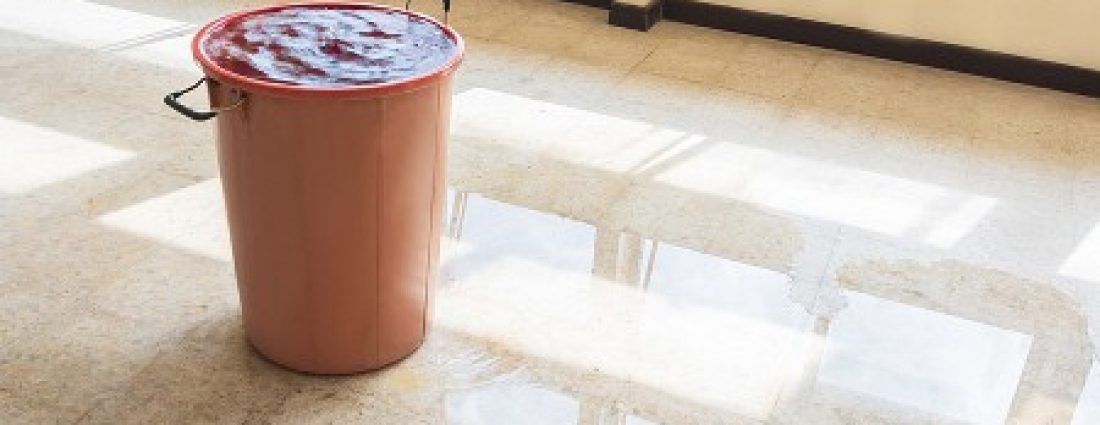Is your basement ready for an unexpected water backup? Basement flooding is a nightmare for homeowners, but knowing what to do first is key. When water backs up, acting fast is vital to reduce damage and health risks.
Water backup can happen from a clogged drain, heavy rain, or plumbing issues. Ignoring it can lead to big problems. By understanding the causes and acting quickly, you can protect your home from water damage and sewage risks. Let’s explore how to handle and prevent basement flooding.
Key Takeaways
- Immediate action is crucial to minimize damage and health risks from basement flooding.
- Common causes include clogged drains, heavy rainfall, and malfunctioning plumbing systems.
- Safeguarding your home entails understanding and addressing the root causes promptly.
- A variety of solutions, from DIY remedies to professional emergency plumbing, can be employed.
- Preventive measures are essential to avoid future instances of water or sewage backup in your basement.
Immediate Steps to Take When Water Backs Up in Your Basement
When you find water backing up in your basement, act fast. First, stop using all water appliances. This helps prevent the problem from getting worse.
Next, figure out why the water is backing up. Check the drains for any blockages or issues. Then, turn off the main water valve and stop using toilets to avoid more overflow.
For simple clogs, you can try using plungers or drain snakes. Or, you can use baking soda and vinegar as a natural cleaner. But if the clog is serious, like in the main sewer line, you’ll need a professional plumber. They have the right tools to fix it.
Remember, sewage can be harmful to your health. Always wear safety gear when cleaning up. Also, think about getting a sump pump to prevent future backups.
Common Causes of Basement Drain Backup
Knowing why basement drains back up can help homeowners prevent it. Many things can cause these problems:
- Main sewer line clog: Hair, soap, and grease from daily use can build up and block the main sewer line.
- Floor drain blockage: Floor drains can get clogged with dirt and dust, stopping water from flowing right.
- Sewer line damage: Old and corroded pipes can crack and leak, messing up the flow and causing backups.
- Tree root intrusion: Roots from trees near sewer lines can block and damage them, leading to big problems.
- Non-flushable items: Things like baby wipes and paper towels shouldn’t be flushed. They can clog drains and sewer lines.
Watch out for slow-draining sinks, gurgling sounds after you flush, and water in the basement after it rains. These signs mean it’s time to check the drainage system. You might need to get help from a professional to fix it right.
How to Clean and Disinfect Your Basement After a Backup
Start by wearing protective gear like gloves and a mask to avoid sewage health risks. This step is crucial for your safety.
Next, remove as much water as you can. Use a wet vacuum, towels, or mops for this. Then, put any solid waste or debris in strong waste bags for disposal.
After getting rid of the water and debris, clean all surfaces with hot water and dish soap. This helps remove dirt and lowers contamination. Next, disinfect by using a bleach solution. Let it sit for at least 20 minutes to kill bacteria and stop mold.
If your basement has carpeted floors hit by the backup, think about getting professional cleaning help. In bad cases, you might need to remove the carpet to get rid of all contaminants. Stopping mold from growing is key to keeping your basement safe.
It’s important to know about the health risks from sewage and toxic gases when cleaning up. A detailed cleanup and disinfection process will make your basement safe again.
Preventive Measures to Avoid Future Basement Flooding
To prevent basement flooding, it’s important to take proactive steps. Installing a backwater valve can stop sewage from entering your home. Keeping your sump pump clean and working right is also key.
Checking your plumbing system often is a must. This helps find and fix problems early. It’s also important to remove illegal connections to avoid drainage issues.
- Backwater valve installation: This prevents sewage from reversing into your home.
- Sump pump maintenance: Regularly inspect and clean your sump pump to ensure optimal functionality.
- Plumbing system check: Conduct routine inspections to identify and fix potential plumbing issues.
- Illegal connections: Remove unauthorized connections to avoid drainage complications.
- Drain maintenance: Keep drains clear of obstructions to maintain efficient water flow.
Improving your drain maintenance can also help. Avoid putting oils down the drain and don’t flush things that can’t be broken down. These steps can keep your home safe from basement flooding. They help protect your home and give you peace of mind.
Conclusion
Dealing with water backup in your basement needs a detailed and informed plan. Start by taking quick steps to lessen damage. Learn about the main causes of basement drain backups. Then, clean up and disinfect thoroughly to keep your living space safe.
Preventing water issues in basements is key. Keep your plumbing in good shape and follow best practices for throwing away waste. Watch out for any signs that might mean trouble is coming. Getting help from professional plumbers for regular checks and fixes is also important. This way, you can find and fix problems early.
When cleaning up after water backups, safety comes first. Use the right cleaning products and wear protective gear to get rid of harmful stuff. By doing this, you make your home safer and more comfortable. Taking a full approach to handling water backups means your home stays safe and secure for a long time.

